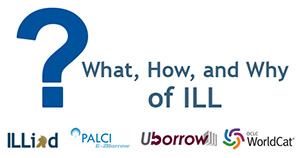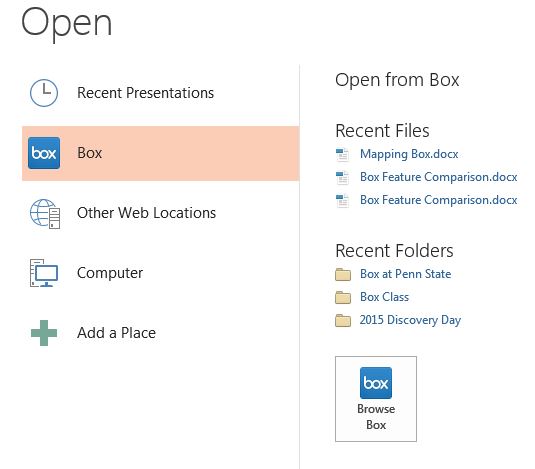February 11, noon–1:00 p.m.: Data Learning Center overview, Mann Assembly Rm and online: Adobe Connect Session: https://meeting.psu.edu/ssltraining/
February 12, 2015 10:00 a.m.: Introduction to SelectSurvey. See TechSmart for location and details. Want to learn more about the survey tool for the libraries? Everyone at the University Libraries has access to SelectSurvey. In this Introductory class, you will learn basic survey creation, management and deployment.
February 18, 5:30 p.m.: “FAFSA and Scholarships,” Mann Assembly Room, 103 Paterno Library.
February 19, 10:00–11:00 a.m.: Library Research Basics. W315 Pattee Library. Learn how to find books, articles and other materials in your research area or major by using the Libraries’ online databases. You will also discover library services that can help streamline your research process. Individuals not affiliated with Penn State can register by calling 814-865-9257. To register, go to http://www.libraries.psu.edu/psul/lls/classes/research_basics_seminar.html.
February 24, 11:15 a.m.: Penn State Laureate Susan Russell presents “Thanks, Mrs. Sawyer: How My First Grade Teacher is Helping Me Translate 21st Century Education,” Foster Auditorium, 102 Paterno Library.
February 25, noon: Forest Food Fight! Gender, Indigenous Knowledge and the Struggle for Resources at the Dwesa-Cwebe Nature Reserve in South Africa, Foster Aud. Presented by Katie Tavenneris, dual-degree PhD candidate in rural sociology and women’s studies. View online.
February 26, 9:30 a.m.: Creating Accessible Word and PowerPoint Documents in Office 13
See TechSmart for location and details. In this session, you will discover best practices to create accessible Microsoft Word and PowerPoint documents (updated for Office 13). Whether you create website content or just email and share documents with staff, creating accessible Office files is very important. This session will cover the basic techniques needed to optimize your content for accessibility.
March 2, 10:00–11:30 a.m., Endnote, W23 Pattee. EndNote can be used to search online bibliographic databases, organize references, images and PDFs in any language and create bibliographies and figure lists instantly. Attend one of these seminars to learn how to get the most out of EndNote. To register, go to http://www.libraries.psu.edu/psul/lls/classes/research_basics_seminar.html
March 5, 10:00–11:30 a.m.: Mendeley. 302 Paterno Library. Mendeley is a free reference manager and academic social network that can help you organize your research library, collaborate with others online and discover other relevant papers based on what you are reading. To register, go to http://www.libraries.psu.edu/psul/lls/classes/research_basics_seminar.html.
March 18, 3 p.m.: Women Don’t Ask. Book talk discussion session with author Sara Laschever, Foster Aud.
** Also see “Training and Enrichment Opportunities” for additional staff events.








